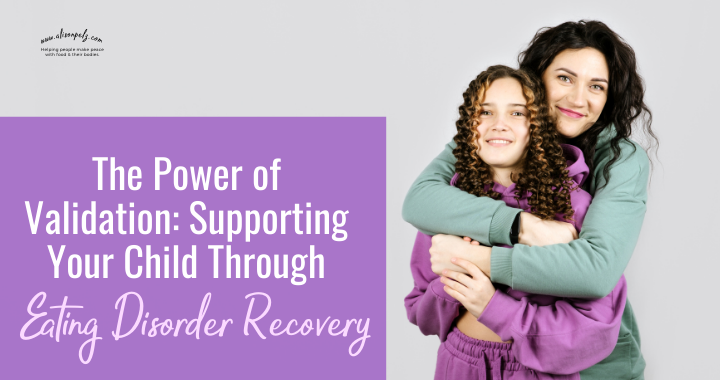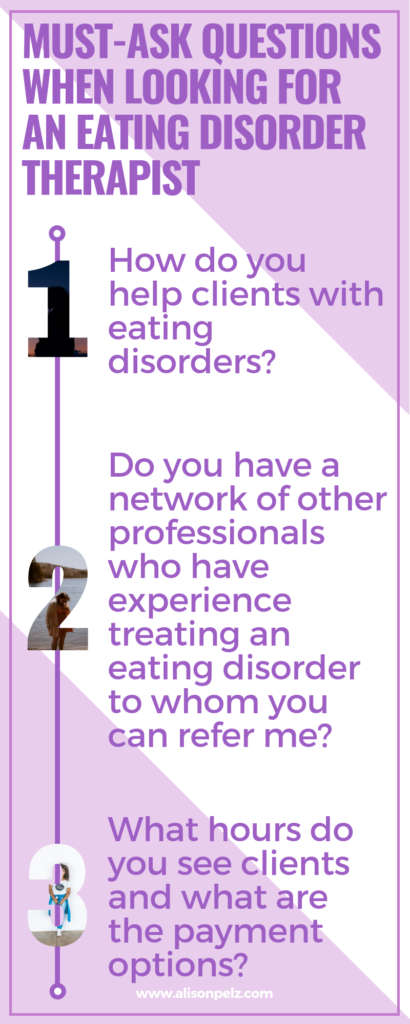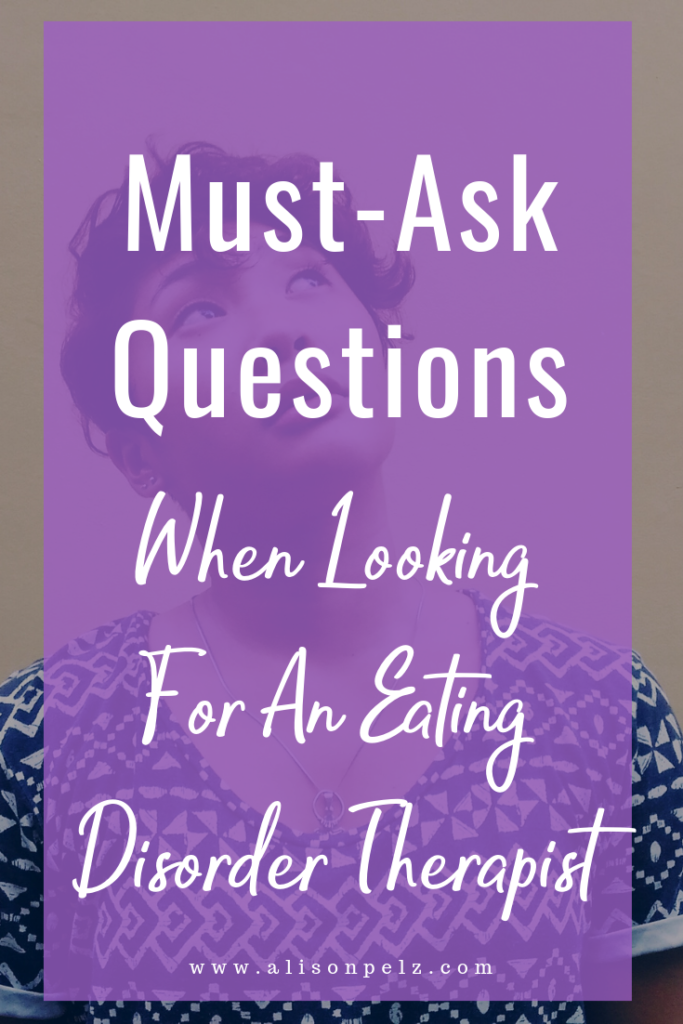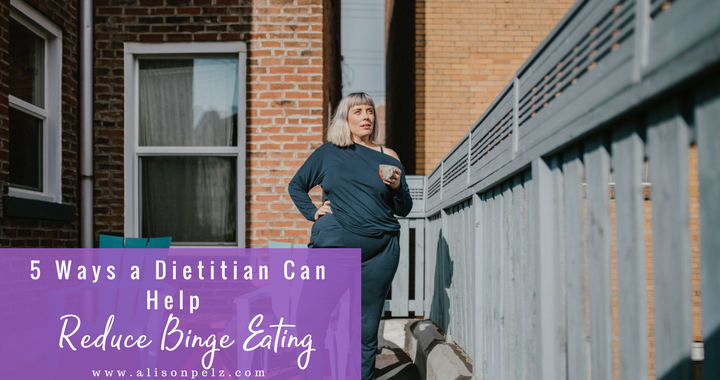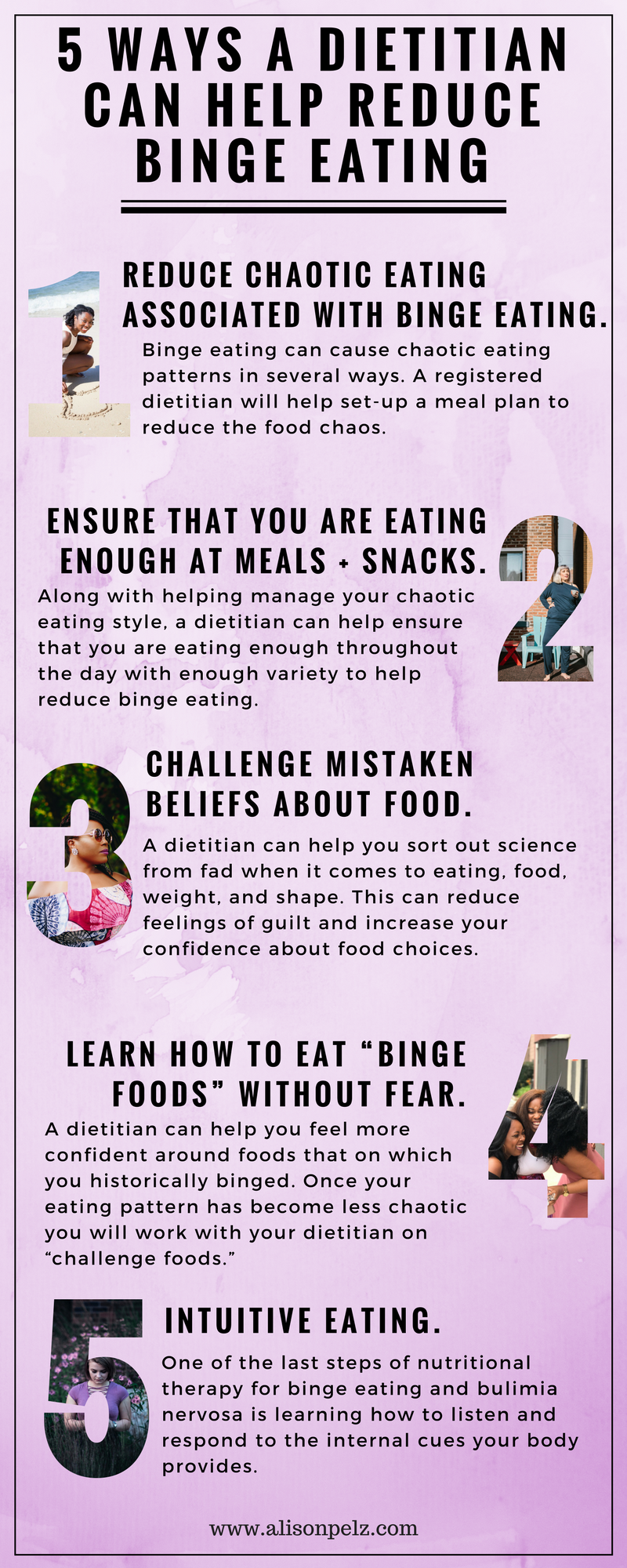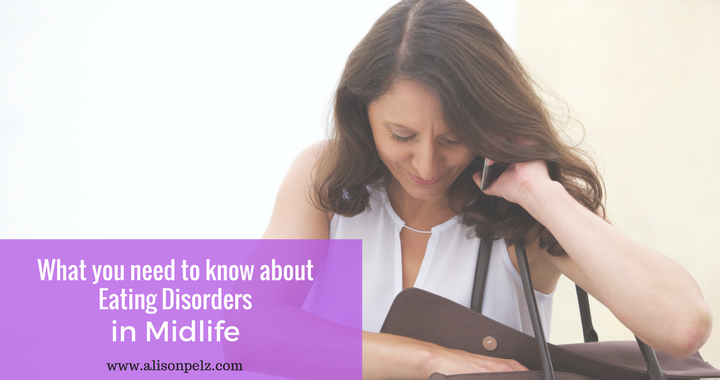Is your teen struggling with an eating disorder?
As a parent, witnessing that struggle and feeling like nothing you say helps or wondering if you’re helping or are making things worse, can be one of the most difficult obstacles to navigate as a parent. And if you’ve felt this way, know that you are not alone. These aren’t experiences most of us know how to prepare for–there are no tools for caring for a loved one with an eating disorder in general parenting books. Unlike clinicians who go to school and receive on-going training to help people in recovery, parents have no such roadmap.
Witnessing your child struggling with an eating disorder can feel overwhelming, confusing, and deeply painful. As a parent, you naturally want to help, but knowing how to respond in the most effective way is not always intuitive. One key tool you can use to support your child’s recovery is validation–understanding what it is, why it matters, and how to practice it can make a world of difference for both your child and your family.
What Is Validation (And what it is not)?
Validation is the act of recognizing, understanding, and accepting someone’s feelings or experiences as real and meaningful.
Caregivers often worry that their validation will give their child permission to restrict food or purge–but that’s not the effect that validation has. Validating your child’s emotional experience doesn’t mean endorsing or encouraging damaging behaviors. What it does mean is that you are able to acknowledge their emotional reality without judgment. This practice lets your teen know that you are someone safe to turn to, because you will listen without assigning “right” or “wrong” to what they are feeling, and are instead there to try and understand their experience so you can better support them. Practicing validation can also be helpful for parents or caregivers in the moment because it often diffuses intense reactions you may be experiencing, and give you a moment to listen rather than react.
What validation is:
- Actively listening and showing empathy.
- Communicating that their feelings make sense, given their perspective.
- Offering a safe space for them to share their struggles without fear of criticism.
What validation is not:
- Agreeing with unhealthy behaviors or distorted beliefs about food, body, or worth.
- Dismissing your own boundaries or enabling harmful actions.
- Fixing their problems or trying to reason them out of their feelings.
Why Validation Is Crucial in Healing
Validation is a cornerstone of emotional healing because it helps your child feel heard, understood, and less alone. Eating disorders often thrive in silence and shame, and by validating the emotional experience your child is having, you help dismantle the isolation that fuels their struggle.
When your child feels validated, their nervous system can move out of a heightened state of stress or fear (often referred to as “fight, flight, or freeze”) into a calmer, more regulated state. This shift is essential because a regulated nervous system allows your child to:
- Think more clearly and process emotions more effectively.
- Develop healthy coping mechanisms.
- Engage more fully in therapy and other forms of treatment.
Fears Parents May Have About Validation
Parents often worry that validation might:
- Encourage unhealthy behaviors: It’s important to remember that validating your child’s feelings is not the same as endorsing their actions. For example, “I can imagine that it is very hard for you to complete your meal right now because it makes you anxious” is letting them know that you understand what they are struggling against, without encouraging them to restrict themselves.
- Undermine parental authority: Validation doesn’t mean you have to compromise your boundaries or expectations. In other words, because you understand how hard it is for them to eat, that doesn’t mean you let them go unnourished.
- Reinforce disordered thoughts: Validation focuses on emotions, not necessarily agreeing with the thoughts driving them. For example, saying, “It makes sense that you feel overwhelmed right now” doesn’t mean you agree with their belief that they “must” restrict food to feel in control.
Barriers to Validating Your Child
It’s not always easy to validate your child’s emotions, especially when:
- Their feelings seem irrational or extreme. For example, your child may be fearful that they will gain a bunch of weight if they eat a piece of bread or that if they get a B in a class they won’t get a good job.
- You’re feeling triggered, stressed, or unsure of how to respond.
- You’re worried about saying the “wrong” thing and making things worse. The important thing is that you are trying and your teen will see that you are trying to understand them and what they are experiencing.
- Your own emotions—such as frustration, fear, or sadness—are taking over in the moment. If this is the case, you may need to take a step back and come back later to your teen and validate them later. It is never too late.
Validation often doesn’t come naturally to us (I know when in my personal relationships I often find it challenging, and I am a therapist!). The good news is that validation is a skill that you can learn and practice.
Examples of How to Validate
Here are some ways to practice validation in everyday conversations:
- Listen Without Interrupting: Show you’re fully present by maintaining eye contact, nodding, and responding with short affirmations like “I’m listening” or “Tell me more.”
- Reflect Their Emotions: Paraphrase what they’ve shared to make sure you understand what they are saying. For example, “It sounds like you’re feeling really anxious about eating today, am I understanding that correctly?”
- Normalize Their Feelings: Help them see their emotions as a natural response. For instance, “I can understand why you’d feel overwhelmed; this is a big change for you.”
- Acknowledge Their Struggle: Recognize the difficulty of their experience. For example, “I can see how hard this is for you, and I’m here to support you.”
Ways to Practice Validation
Validation is a skill that can be developed with practice. Here are some tips:
- Pause Before Responding: Take a deep breath to ground yourself if you’re feeling reactive. This both gives you a moment to decide how to respond, and helps to regulate your emotions so you are more able to respond intentionally.
- Practice Empathy: Try to see the situation from your child’s perspective. Ask yourself, “How might this feel for them?” If you don’t know how they are feeling, ask.
- Use “I” Statements: For example, “I’m here for you” or “I want to understand how you’re feeling” or “I can see why this feels overwhelming” rather than focusing on what they “should” do can help show your teen that you want to be an active support for them, and don’t want to blame them for what they are struggling with.
- Role-Play Scenarios: If you’re working with a therapist or support group, practice validating responses to common situations.
A Path to Healing
Validation is not a magic cure, but it lays a critical foundation for healing. By helping your child feel seen and understood, you create a space where they can face their struggles without fear of judgment. Over time, this fosters the emotional resilience and trust they need to move toward recovery.
As a parent, you don’t have to be perfect—and there will be times when you stumble.
But each effort you make to validate your child’s emotions is a step toward connection and healing. Remember, you are not alone in this journey. Reach out for support, whether from therapists, support groups, or other parents who understand the challenges of eating disorder recovery. Together, you can help your child find their way to health and hope.
